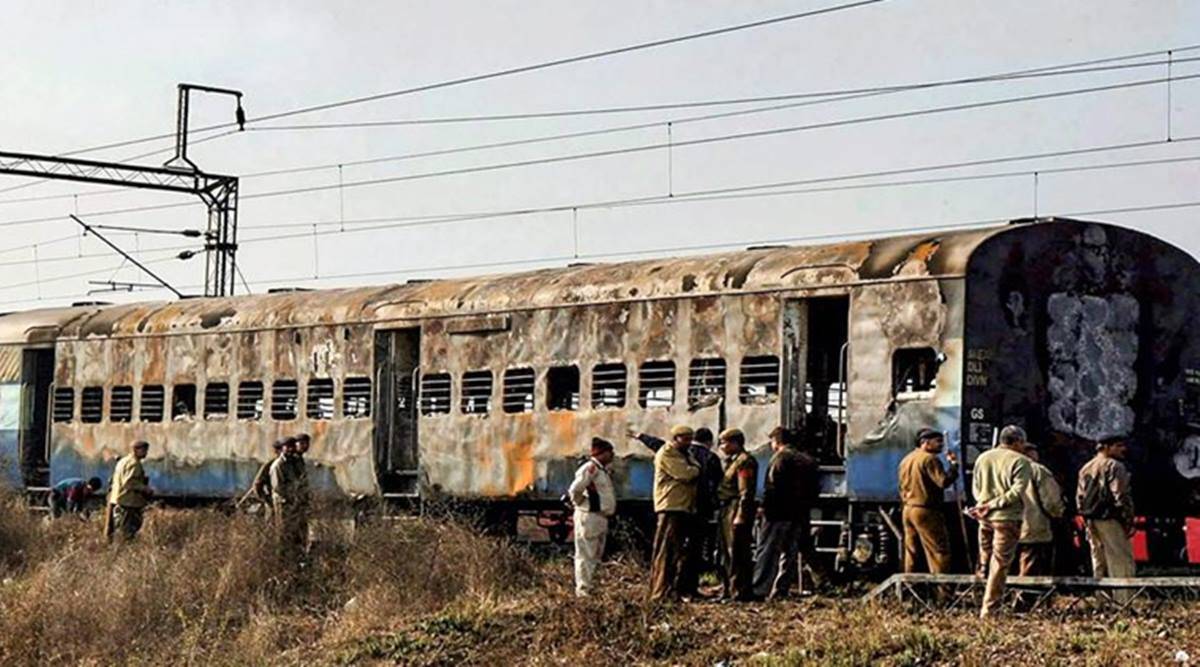When countries cannot offer their neighbors justice, who would? On Feb 18, 2007, at least 68 people, including 44 Pakistanis, were killed in the bomb attack on Samjhauta Express in India.
While expressing solidarity with the families of the victims, Pakistan called on India to perform its legal obligation of bringing the culprits behind the Samjhauta Express blast to justice without any more delay.
The victims of #SamjhautaExpress terrorist attack continue to await justice. While expressing solidarity with the families of victims, #Pakistan calls upon India to fulfill its legal obligation of bringing perpetrators of the #SamjhautaExpress blasts to justice w/o further delay. pic.twitter.com/HBWNjRHcc5
— Spokesperson 🇵🇰 MoFA (@ForeignOfficePk) February 18, 2021
Even after fourteen years, the victims of the Samjhauta Express terrorist attack continue to await justice. The Delhi-Lahore Samjhauta Express train blasts resulted in the death of 68 passengers, including more than 40 Pakistani nationals.
In a statement, the Pakistani Foreign Ministry reiterated its call for justice for the victims of the Samjhauta Express blast.
“The victims of the Samjhauta Express terrorist attack continue to await justice.”
The ministry said.
Despite the availability of clear evidence, India’s continuing failure to provide justice to the victims of this horrible incident is a reconfirmation of the culture of impunity that the perpetrators of terrorist attacks enjoy in India.
In March 2019, a special court in India had acquitted four accused, Aseemanand, Lokesh Sharma, Kamal Chauhan, and Rajinder Chaudhary, saying the National Investigation Agency (NIA) had not been able to establish any charges against them.
Earlier, Pakistani resident Rahila Wakil had filed the application and sought permission for testimonies of Pakistani witnesses in the case. The trial had been ongoing since 2010 at the NIA court, which has received 224 testimonies out of a total of 299 witnesses.
Sunil Joshi, the alleged mastermind of the attack, was shot dead near his home in central Madhya Pradesh state in December 2007.
Three more suspects — Ramchandra Kalsangra, Sandeep Dange, and Amit — could not be apprehended and were declared proclaimed offenders.










